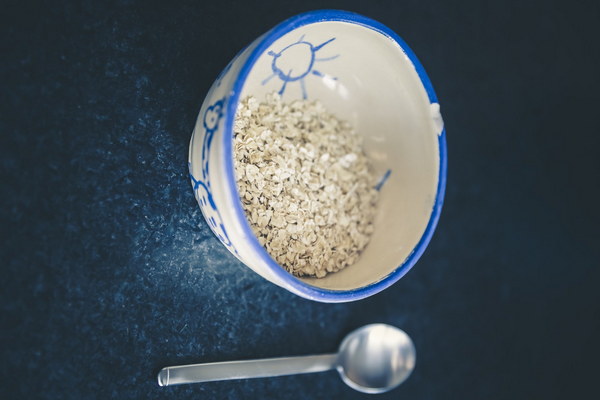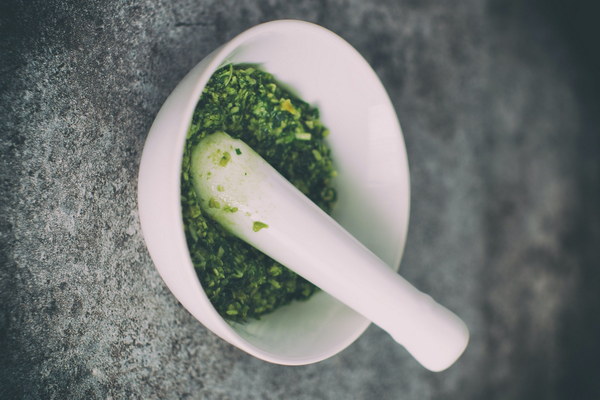Should You Take Western Medications for Liver Protection and Nourishment
Introduction:
The liver is one of the most vital organs in the human body, responsible for various metabolic processes, detoxification, and bile production. As such, maintaining liver health is crucial for overall well-being. While there are numerous natural remedies and lifestyle adjustments that can aid in liver protection and nourishment, the question arises: should you take western medications for this purpose? In this article, we will explore the role of western medications in liver care, their benefits, potential drawbacks, and when they might be necessary.
1. Understanding the liver's function:
Before delving into the use of western medications for liver protection and nourishment, it's essential to understand the liver's primary functions. The liver filters blood, detoxifies harmful substances, synthesizes proteins, stores vitamins and minerals, and produces bile to aid in digestion. When the liver is compromised, it can lead to various health issues, including liver disease, jaundice, and cirrhosis.
2. Western medications for liver protection and nourishment:
a. Antiviral medications: For individuals suffering from viral hepatitis (such as hepatitis B and C), antiviral medications can help control the virus and reduce liver inflammation. These medications include interferon, ribavirin, and direct-acting antivirals (DAA).
b. Immunosuppressants: In cases where the immune system is attacking the liver (autoimmune hepatitis), immunosuppressants like corticosteroids and azathioprine can help calm the immune response and protect the liver.
c. Cholesterol-lowering drugs: High cholesterol levels can contribute to fatty liver disease. Statins can help lower cholesterol, thereby reducing the risk of liver damage.
d. Antioxidants: Certain western medications, such as N-acetylcysteine (NAC) and milk thistle, contain antioxidants that may help protect and nourish the liver.
3. Benefits of western medications:
a. Targeted treatment: Western medications are designed to address specific liver conditions, ensuring that the treatment is targeted and effective.
b. Quick relief: In some cases, western medications can provide rapid relief from symptoms and improve liver function.
c. Scientifically proven: Many western medications have undergone rigorous clinical trials, making them a more reliable option for liver care.
4. Potential drawbacks and risks:
a. Side effects: Like any medication, western medications can have side effects, which may range from mild to severe. For example, antiviral medications can cause fatigue, nausea, and depression.
b. Drug interactions: Western medications may interact with other drugs, herbs, or supplements, leading to adverse effects.
c. Long-term use: Some liver conditions require long-term medication, which may increase the risk of drug-related side effects and complications.
5. When are western medications necessary?
a. Severe liver conditions: In cases of severe liver disease, such as end-stage liver failure or liver cancer, western medications may be crucial for managing symptoms and improving quality of life.
b. Infection control: For individuals with viral hepatitis, antiviral medications are often necessary to control the infection and prevent liver damage.

c. Complications: When liver disease leads to complications such as liver failure or portal hypertension, western medications may be necessary to manage these conditions.
Conclusion:
While natural remedies and lifestyle adjustments are vital for liver protection and nourishment, western medications can play a significant role in treating specific liver conditions. It's essential to consult with a healthcare professional to determine whether western medications are appropriate for your situation. Keep in mind the potential benefits and risks associated with these medications, and always follow your doctor's guidance for the best possible outcome.









